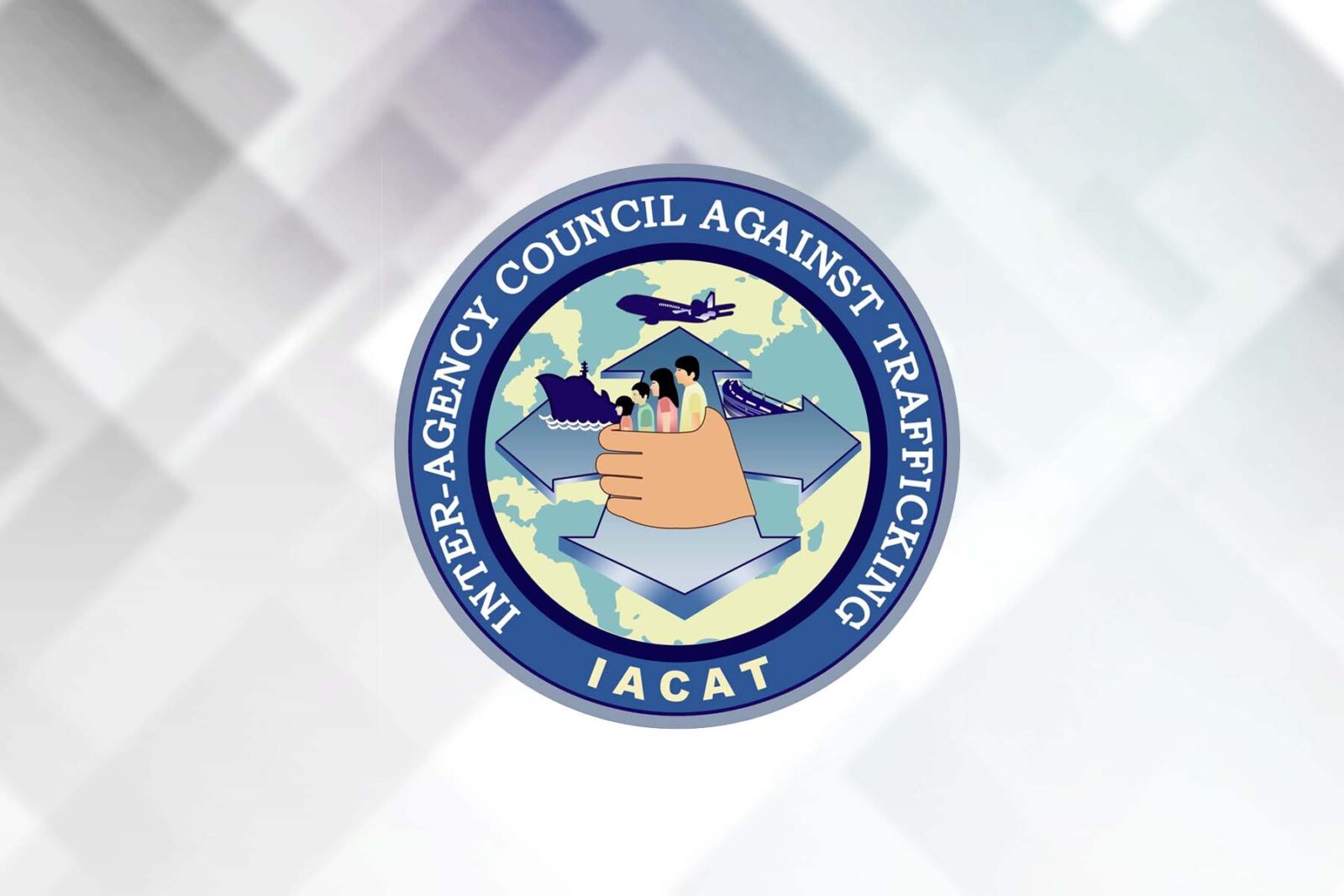Iacat: More educated, skilled workers being targeted for trafficking

The Inter-Agency Council Against Trafficking (Iacat) has observed a change in the social profile of human trafficking victims, particularly forced labor, noting that while individuals from lower income backgrounds still account for the majority, the number of victims with a higher level of education has also increased.
“Traditionally, those who are vulnerable are those who are in the lower economic income bracket looking for livelihood and [a source of income…,” Iacat executive director Hannah Lizette Manalili said at a press briefing on Wednesday.
However, based on data and recent reports received by Iacat, even graduates who are looking for better job opportunities outside the country have also become vulnerable to trafficking schemes.
“They are targeted because of their skills. They are lured by being offered a higher salary, but when they arrive [at their destinations], they end up in a different situation,” Manalili said.
In just the first half of this year, Iacat repatriated a total of 375 Filipino citizens who ended up overseas as trafficking victims.
Manalili said that their partner agencies, including the Department of Foreign Affairs, Department of Migrant Workers and Department of Social Welfare and Development, Commission on Filipinos Overseas, and the Bureau of Immigration provided assistance to the repatriated individuals.
Internet effect
“In addition to this, we have provided support to a total of 900 victims of various forms of trafficking for the first of half of 2025 through the Iacat operations center,” she added.
The interagency group has also filed cases against a total of 111 individuals from January to June—63 for forced labor and the rest for sex trafficking.
“We don’t stop at filing cases. We make sure that the cases we file are backed by strong evidence. And that is achieved through the case buildup conducted by our task forces, in coordination and collaboration with the police, law enforcement agencies and our prosecution,” Manalili said.
Asked about the hot spots for trafficking cases in the country, the Iacat executive director noted that there were specific areas before, especially in rural communities where trafficking incidents were high.
“But now, we’re seeing a more spread out target for victims because of the reach of the internet,” Manalili said.

















